
Quetta: The Gem of Balochistan
Quetta, the capital of Balochistan, is a city that beckons travelers with its unique blend of natural beauty, rich history, and vibrant culture. Nestled in a valley surrounded by striking mountains, Quetta offers a serene escape from the hustle and bustle of larger cities. The city's landscape is dominated by the majestic Chiltan, Zarghun, and Koh-i-Murdar mountains, providing breathtaking views and opportunities for adventurous activities like hiking and trekking. Quetta is renowned for its historical significance and cultural diversity. The city has been a crossroads for various civilizations and cultures, making it a melting pot of traditions and customs. Visitors can explore the Quetta Archaeological Museum, which houses artifacts from different eras, offering a glimpse into the region's rich past. The city's bazaars, such as the famous Liaquat Bazaar and Kandahari Bazaar, are bustling with local crafts, traditional Balochi clothing, and delicious street food that reflect the local heritage. One cannot miss the Hanna Lake, a serene and picturesque spot located just outside the city. The lake is a popular destination for picnics and boating, offering a peaceful retreat amidst nature. Another must-visit is the Hazarganji-Chiltan National Park, home to a variety of wildlife, including the rare Chiltan markhor. The park's diverse flora and fauna make it a perfect destination for nature enthusiasts and wildlife photographers. Quetta's culinary scene is a delightful experience for food lovers. The city's cuisine is a blend of traditional Balochi, Pashtun, and Persian flavors. Savoring local dishes such as Sajji, Landi, and the famous Peshawari ice cream is a culinary journey in itself. The city's tea houses, or 'chaikhanas', are perfect for relaxing and enjoying a cup of traditional green tea while mingling with the locals.
Local tips in Quetta
- Visit during spring or autumn for the best weather and to avoid the extreme summer heat and winter cold.
- Explore local bazaars early in the morning to avoid crowds and get the best selection of goods.
- Hire a local guide for trekking in the surrounding mountains to ensure safety and enrich your experience with local knowledge.
- Try the traditional Balochi Sajji at a local restaurant for an authentic culinary experience.
- Carry cash, as many local shops and markets do not accept credit cards.
- Respect local customs and dress modestly, especially when visiting religious sites and rural areas.
Quetta: The Gem of Balochistan
Quetta, the capital of Balochistan, is a city that beckons travelers with its unique blend of natural beauty, rich history, and vibrant culture. Nestled in a valley surrounded by striking mountains, Quetta offers a serene escape from the hustle and bustle of larger cities. The city's landscape is dominated by the majestic Chiltan, Zarghun, and Koh-i-Murdar mountains, providing breathtaking views and opportunities for adventurous activities like hiking and trekking. Quetta is renowned for its historical significance and cultural diversity. The city has been a crossroads for various civilizations and cultures, making it a melting pot of traditions and customs. Visitors can explore the Quetta Archaeological Museum, which houses artifacts from different eras, offering a glimpse into the region's rich past. The city's bazaars, such as the famous Liaquat Bazaar and Kandahari Bazaar, are bustling with local crafts, traditional Balochi clothing, and delicious street food that reflect the local heritage. One cannot miss the Hanna Lake, a serene and picturesque spot located just outside the city. The lake is a popular destination for picnics and boating, offering a peaceful retreat amidst nature. Another must-visit is the Hazarganji-Chiltan National Park, home to a variety of wildlife, including the rare Chiltan markhor. The park's diverse flora and fauna make it a perfect destination for nature enthusiasts and wildlife photographers. Quetta's culinary scene is a delightful experience for food lovers. The city's cuisine is a blend of traditional Balochi, Pashtun, and Persian flavors. Savoring local dishes such as Sajji, Landi, and the famous Peshawari ice cream is a culinary journey in itself. The city's tea houses, or 'chaikhanas', are perfect for relaxing and enjoying a cup of traditional green tea while mingling with the locals.
When is the best time to go to Quetta?
Iconic landmarks you can’t miss
Millennium Mall
Explore Millennium Mall in Quetta for a unique shopping experience with diverse brands, delicious food, and family-friendly entertainment.
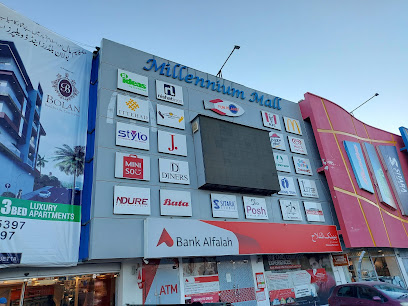
Hashmi Market
Explore Hashmi Market in Quetta for a vibrant blend of local culture, flavorful street food, and unique handicrafts that capture the essence of Balochistan.
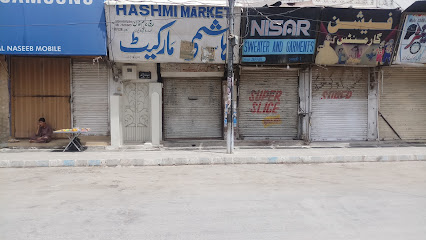
Gold City Mall Quetta
Explore Gold City Mall in Quetta - your ultimate shopping destination for fashion, food, and fun in the heart of Balochistan.
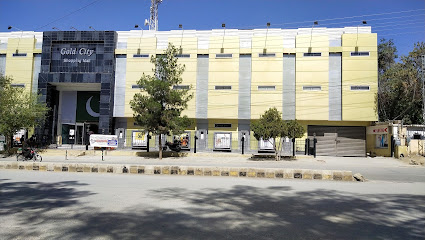
Hanna Lake
Experience the tranquil beauty of Hanna Lake, a stunning natural escape near Quetta, Balochistan, where mountains meet serene waters.
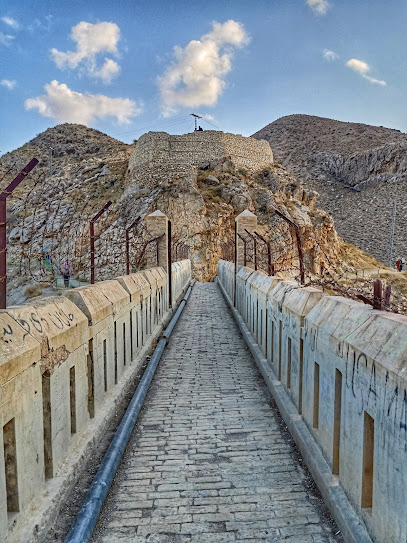
Liaquat Family Park
Discover tranquility at Liaquat Family Park in Quetta, a lush green retreat perfect for relaxation, family gatherings, and outdoor fun in the heart of Balochistan.
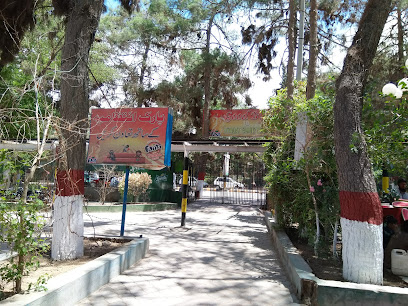
Bolan Welfare Shopping Complex
Explore the vibrant Bolan Welfare Shopping Complex in Quetta, where local culture meets modern shopping experience, offering an array of shops and dining options.
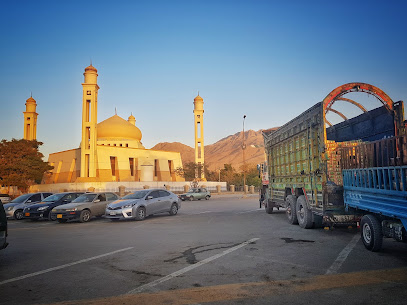
BA Mall
Experience the best of shopping, dining, and entertainment at BA Mall in Quetta, a vibrant hub in the heart of Balochistan.
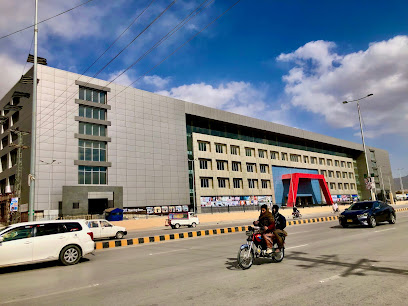
IMRAN HALL
Discover Imran Hall in Quetta, a top-tier event venue offering exceptional catering and a grand space for weddings, conferences, and more.
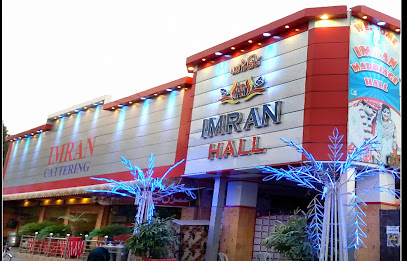
Liaqat Bazar
Explore Liaqat Bazar in Quetta, Balochistan: A vibrant market filled with local crafts, delicious food, and rich cultural experiences.
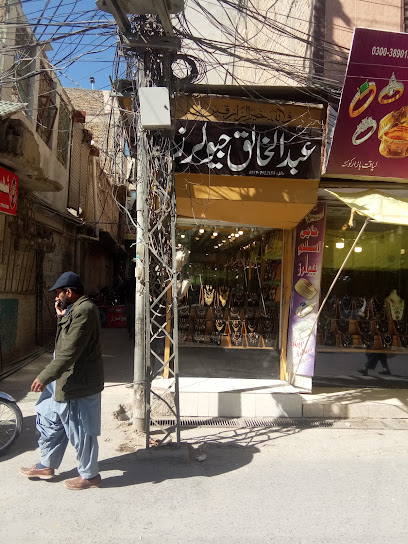
Jabal-e-Noor Ul Quran
Explore the rich Islamic heritage and spiritual essence at Jabal-e-Noor Ul Quran, a must-visit museum in Quetta, Balochistan.
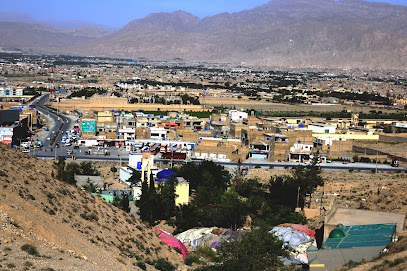
Wadood Shah Market
Explore Wadood Shah Market in Quetta for an authentic taste of Balochistan’s culture, crafts, and culinary delights in a vibrant marketplace.
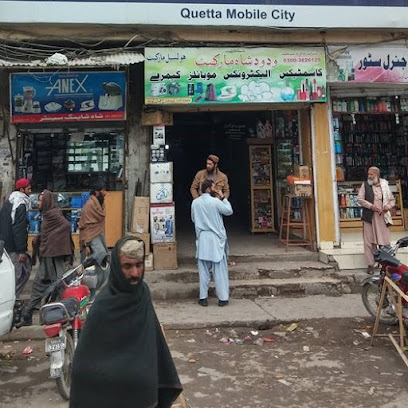
Urak Valley,Quetta
Explore the enchanting Urak Valley near Quetta, a paradise of lush landscapes, serene views, and vibrant local culture waiting to be discovered.
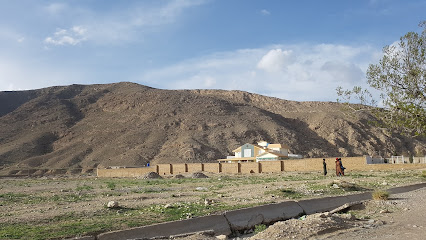
Miri FORT
Discover the historical charm and stunning views of Miri Fort in Quetta, Balochistan, a must-visit destination for every traveler.
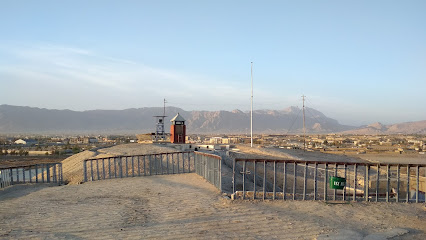
Chiltan Rocks Cafe
Discover the exquisite taste of Balochistan at Chiltan Rocks Cafe, where traditional flavors meet a stunning ambiance in Quetta.
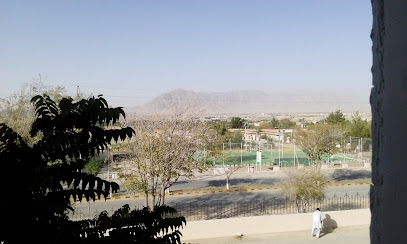
Karkhasa Park
Discover the beauty of Karkhasa Park, a serene holiday park in Quetta, perfect for relaxation, family outings, and enjoying nature's tranquility.
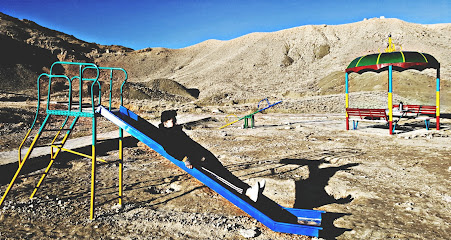
Unmissable attractions to see
Fatima Jinnah Family Park Quetta
Discover Fatima Jinnah Family Park: A lush green haven in Quetta, perfect for family outings and nature lovers seeking tranquility and fun.
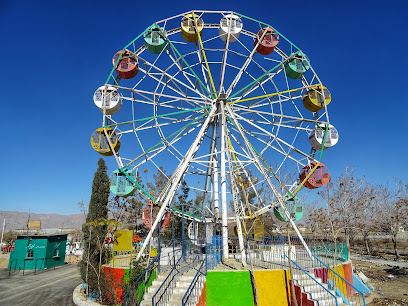
Liaquat Family Park
Explore the tranquil beauty of Liaquat Family Park, a lush green retreat in Quetta perfect for relaxation and family fun.
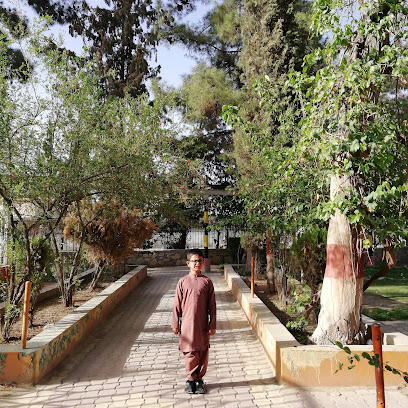
Urak Valley,Quetta
Explore the breathtaking landscapes and rich culture of Urak Valley, a serene retreat near Quetta, Pakistan, perfect for nature lovers and adventure seekers.
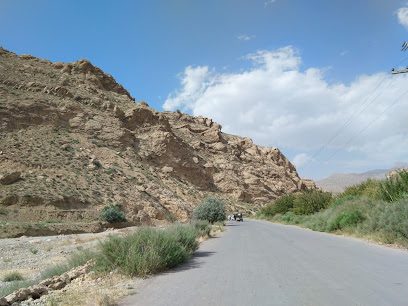
Sunset View Point
Discover the stunning natural beauty of Sunset View Point in Quetta, Balochistan – a perfect blend of picnicking and hiking with breathtaking sunset views.
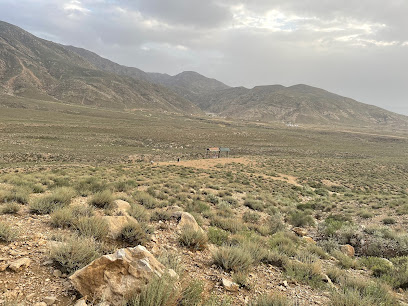
Ziarat Park
Explore the serene Ziarat Park in Quetta, Balochistan, where lush landscapes and vibrant flora offer a perfect escape into nature's embrace.
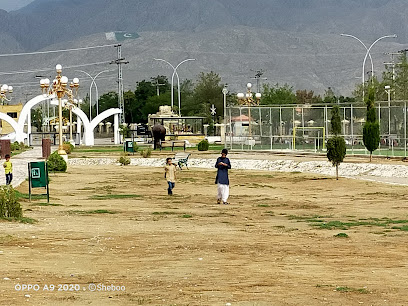
Miri FORT
Discover Miri Fort, a historic fortress in Quetta offering stunning valley views and a deep dive into Balochistan's rich heritage.
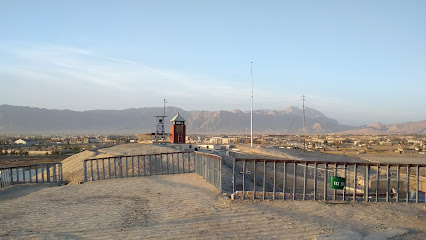
QDA Park Satellite Town
Experience tranquility and natural beauty at QDA Park, the serene escape in Satellite Town, Quetta, Balochistan.
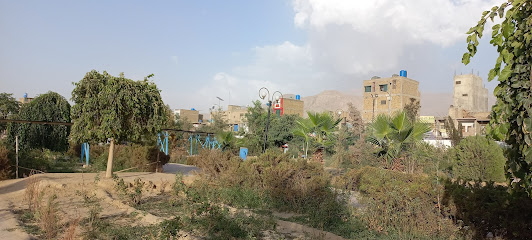
Zamzam Family Park
Discover the lush beauty of Zamzam Family Park in Quetta, a perfect destination for families and nature lovers seeking relaxation and fun.
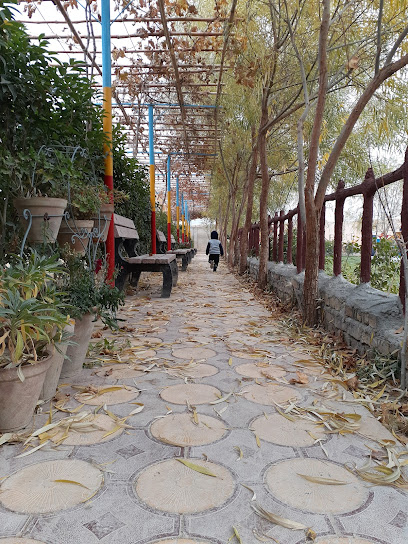
Benazir Bhutto Park Quetta
Explore the lush landscapes and tranquil ambiance of Benazir Bhutto Park in Quetta, a perfect retreat for nature lovers and families alike.
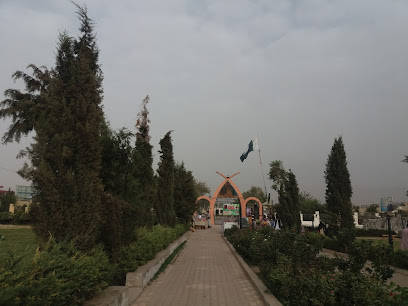
Taimuri Family Park - Hazara Town
Explore Taimuri Family Park in Hazara Town for a tranquil retreat amidst lush greenery and vibrant flowers, perfect for families and nature lovers.
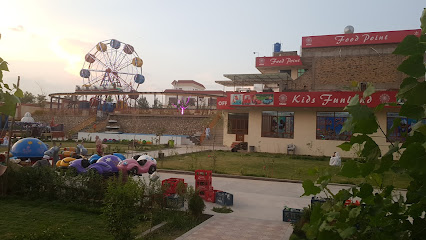
Iqra Park
Discover the beauty of nature at Iqra Park, a peaceful oasis in Quetta perfect for relaxation, family outings, and outdoor activities.
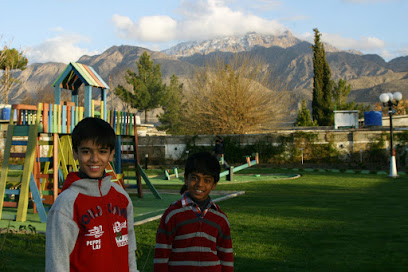
KarKhasa Park
Explore KarKhasa Park: A serene escape in Quetta, Balochistan, perfect for relaxation, family picnics, and nature walks amidst stunning landscapes.
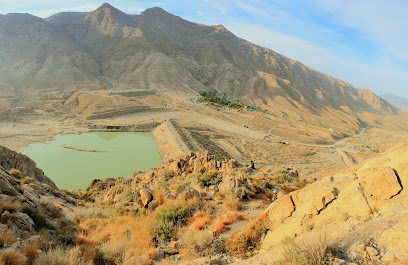
Fatima Jinnah Family Park, Hazara Town
Discover peaceful moments at Fatima Jinnah Family Park in Quetta, where nature meets tranquility in a family-friendly environment.
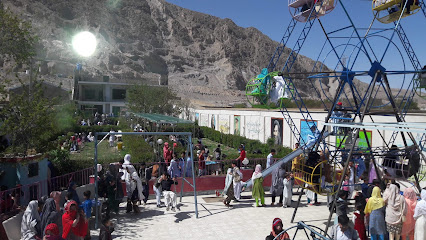
Garden Town Park 1
Explore the serene beauty of Garden Town Park in Quetta, a perfect retreat for relaxation, family fun, and nature appreciation.
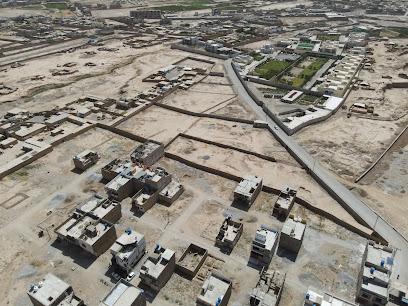
Garden Town Park
Explore the natural beauty and tranquility of Garden Town Park in Quetta, a serene oasis for relaxation and leisure in Balochistan.
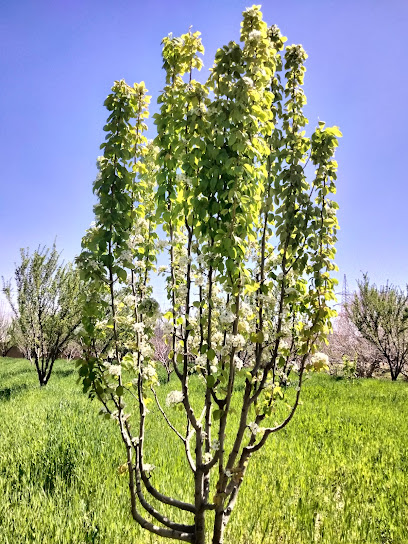
Essential places to dine
Takatu Nights Restaurant
Experience the best of Chinese, Continental, and Pakistani cuisines at Takatu Nights Restaurant in Quetta.
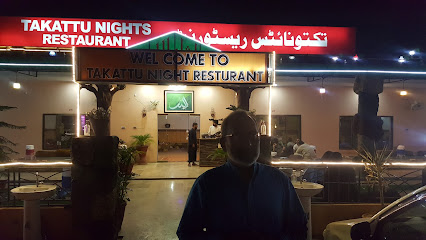
Usmania Restaurant
Discover authentic Pakistani cuisine at Usmania Restaurant in Quetta – a delightful culinary experience awaits!
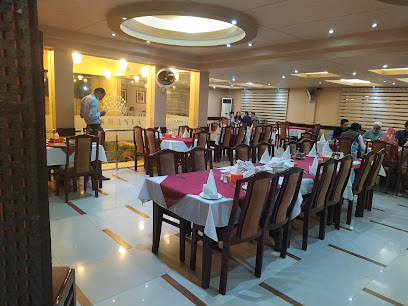
Mehfil Restaurant
Experience authentic Pakistani cuisine at Mehfil Restaurant in Quetta – where flavor meets tradition in a warm and inviting atmosphere.
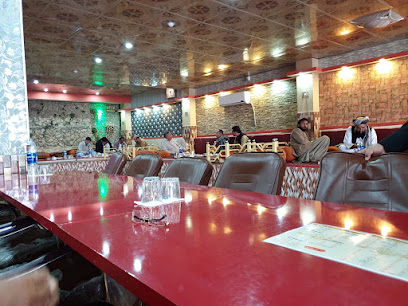
Gulshan Karahi گلشن کڑاہی
Discover authentic Pakistani cuisine at Gulshan Karahi in Quetta—where every dish tells a story of rich culinary heritage.
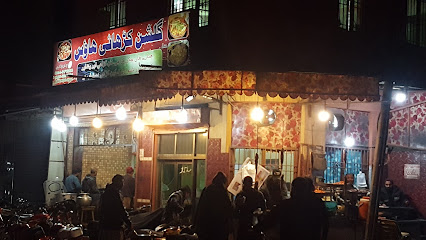
Saigon Cafe & Restaurant
Experience the rich flavors of continental cuisine at Saigon Cafe & Restaurant in Quetta – where every meal is a celebration.
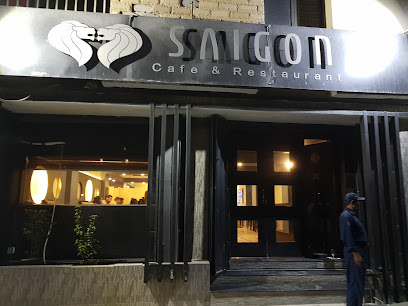
Mubarak Food & Restaurant Branch 2 Quetta
Experience the rich flavors of Balochistan at Mubarak Food & Restaurant Branch 2 in Quetta – a culinary journey awaits!
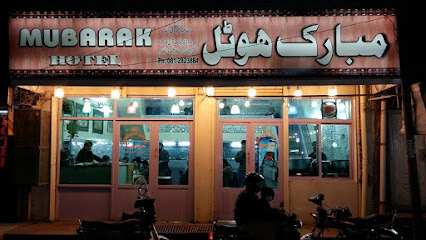
Zaika Restaurant
Experience authentic Pakistani flavors at Zaika Restaurant in Quetta – where tradition meets taste.
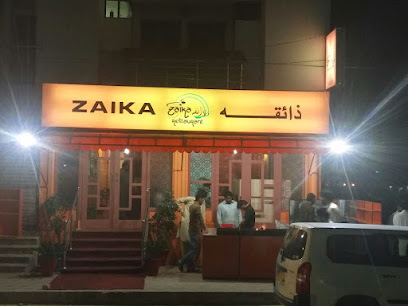
Shah Wali Restaurant شاہ ولی ریسٹورنٹ
Experience the authentic taste of Balochistan at Shah Wali Restaurant in Quetta – where every dish tells a story.
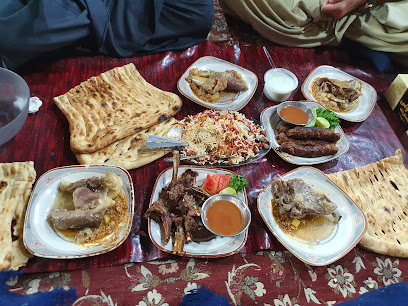
Ginsoy - Extreme Chinese Quetta
Experience authentic Chinese cuisine at Ginsoy - Extreme Chinese in Quetta; a must-visit for food lovers seeking delicious flavors and warm hospitality.
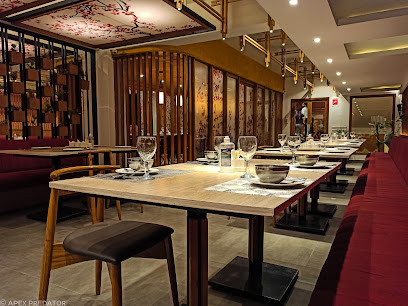
Mir Afzal karahi
Experience authentic Pakistani flavors at Mir Afzal Karahi in Quetta - a culinary delight for every food enthusiast.
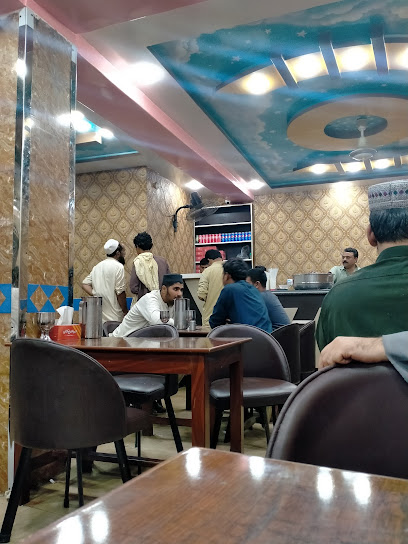
Al Fajar Restauran
Experience the authentic taste of Balochistan at Al Fajar Restaurant – where every dish tells a story.
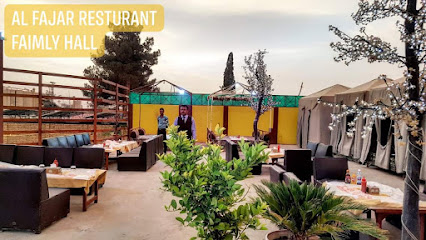
King Kong Pizza & Restaurant
Discover the delicious world of unique pizzas at King Kong Pizza & Restaurant in Quetta - where flavor meets fun!
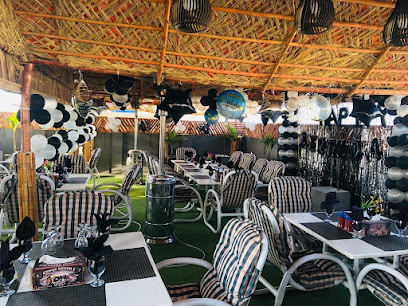
Cafe China Quetta
Discover authentic flavors at Cafe China Quetta - where traditional cuisine meets modern comfort in Balochistan.
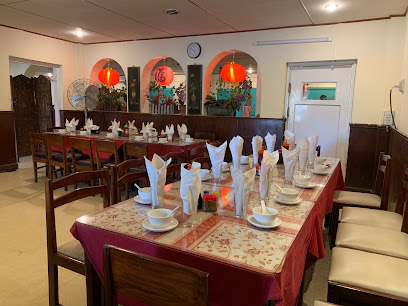
Usmania Tea House
Discover the essence of Quetta's culinary scene at Usmania Tea House, where authentic flavors meet a cozy atmosphere.
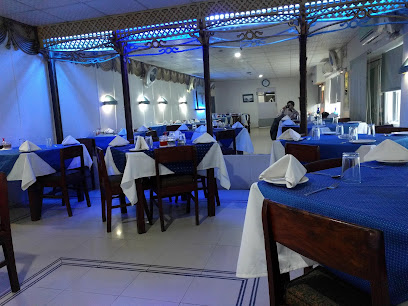
ZVR (Zahoor Village Restaurant)
Discover Zahoor Village Restaurant in Quetta for authentic Baloch cuisine amidst charming village vibes—an unmissable culinary experience.
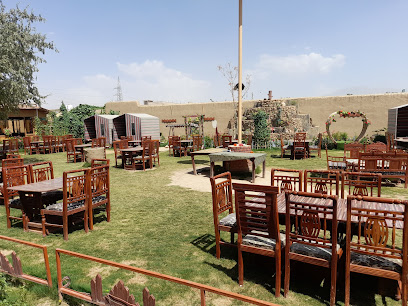
Markets, malls and hidden boutiques
Jan Mall
Explore Quetta's Jan Mall – a vibrant shopping hub offering local and international brands, delicious food, and a lively atmosphere.
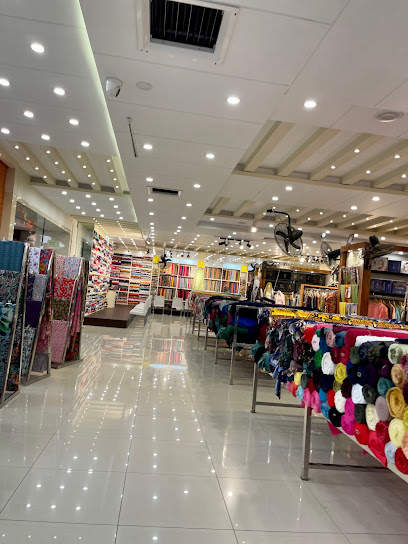
Haroon Shopping Centre ®
Discover the vibrant shopping experience at Haroon Shopping Centre in Quetta, where local culture meets modern retail.
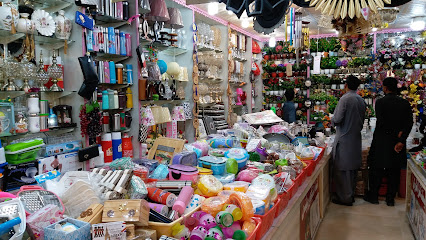
ZamZama Super Store
Discover the vibrant shopping scene at ZamZama Super Store in Quetta, where local culture meets a diverse product range.
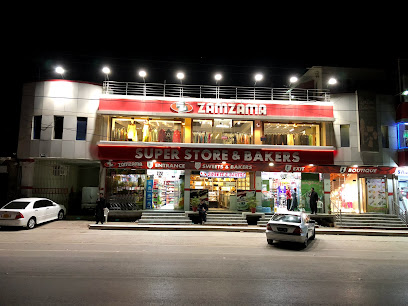
BA Mall
Explore BA Mall in Quetta: Your one-stop destination for shopping, dining, and local culture in Balochistan, Pakistan.
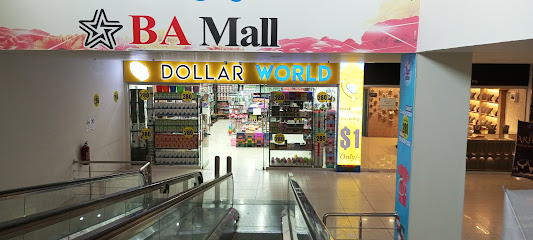
LALA’s SUPER STORE
Discover the vibrant shopping experience at LALA’s SUPER STORE in Quetta, offering groceries, bakery items, fashion accessories, and more.
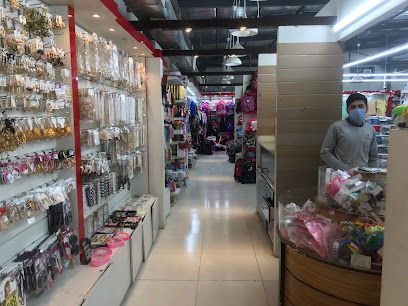
Imtiaz Mega - Quetta
Explore Imtiaz Mega in Quetta for a unique shopping experience with diverse products and local flavors.
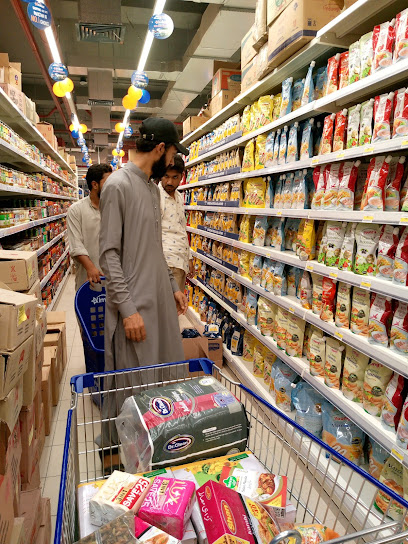
Ethnic
Explore Ethnic in Quetta for a unique shopping experience that blends traditional and modern Pakistani clothing styles.
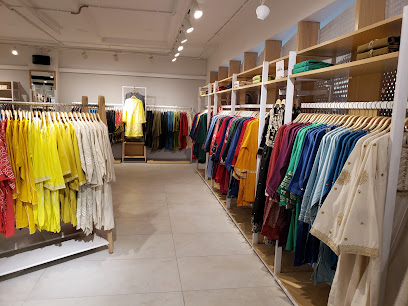
Khodgi - Online Women's Clothing Store
Discover the essence of women's fashion at Khodgi, Quetta's premier clothing store offering exquisite styles and unique stitching classes.
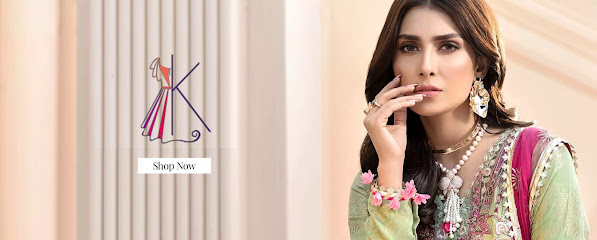
Khas Store Quetta
Explore Khas Store Quetta for a delightful shopping experience featuring stylish clothing, cozy bedding, and unique home goods in the heart of Balochistan.
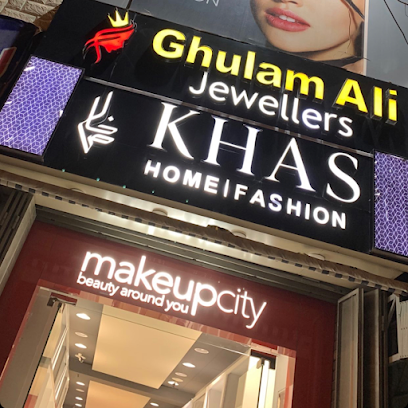
Shair Ahmed General store
Explore the vibrant community spirit at Shair Ahmed General Store in Hazara Town, Quetta—your gateway to local products and culture.
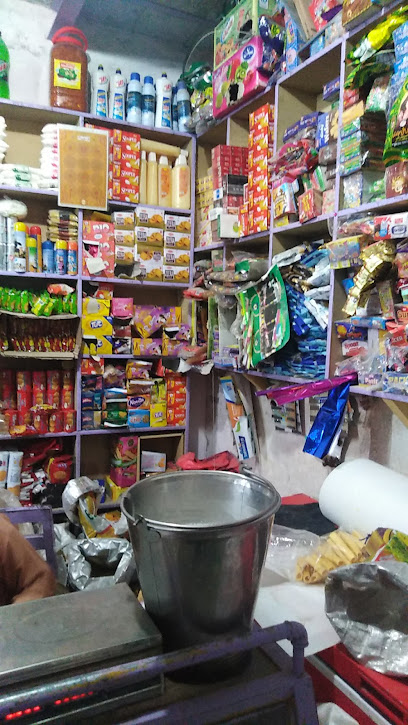
Dukan E Atay Sakhi
Explore the delightful flavors of Quetta at Dukan E Atay Sakhi, your go-to spot for authentic teas and local treats.
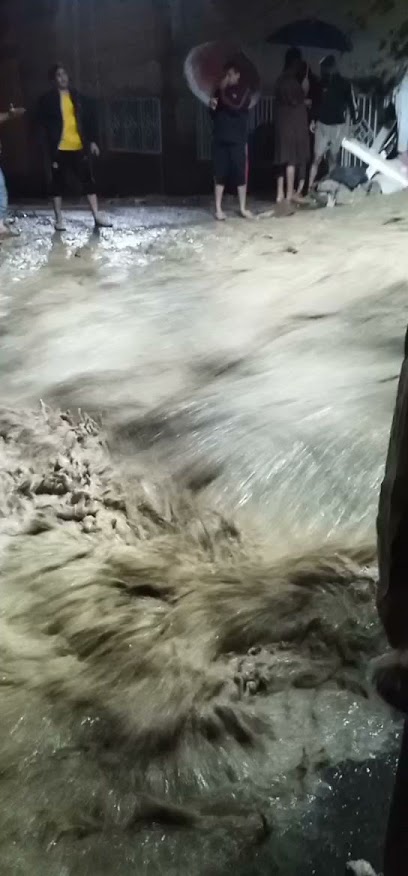
Unique Sentre Quetta
Experience the taste of Balochistan at Unique Sentre Quetta, your one-stop grocery store for local flavors and fresh produce.
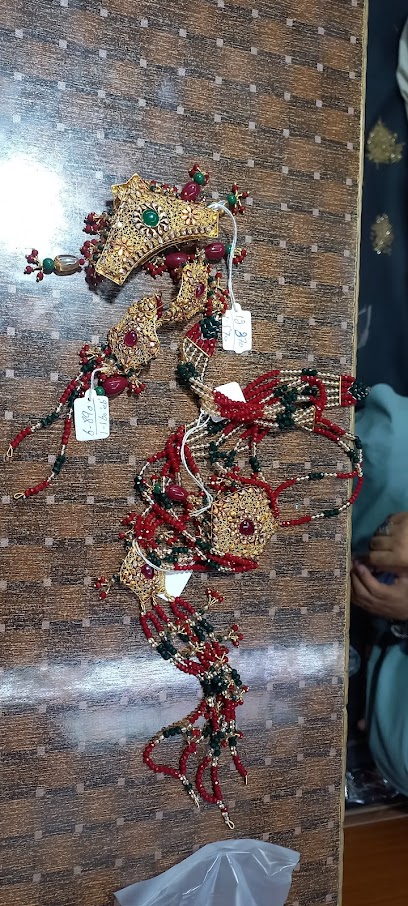
Quetta Brand Watch
Discover timeless elegance at Quetta Brand Watch, your go-to destination for exquisite timepieces in the heart of Balochistan.

STORE
Explore Quetta's finest department store, where culture meets commerce in an unforgettable shopping experience.

Quetta
Discover Quetta, a vibrant gift shop paradise in Balochistan, where culture meets craftsmanship and every item tells a story.
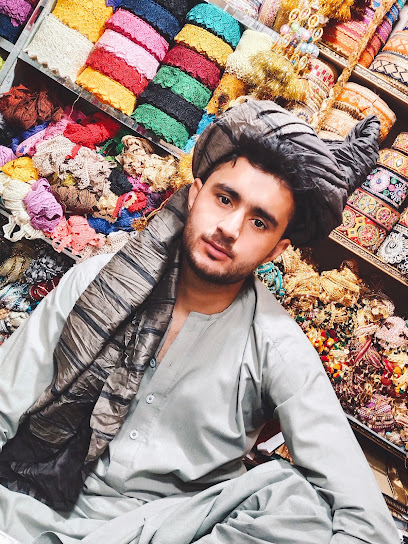
Essential bars & hidden hideouts
Supreme Court Lounge
Discover the charm of Quetta at the Supreme Court Lounge, where elegance meets exceptional service in a cozy atmosphere.
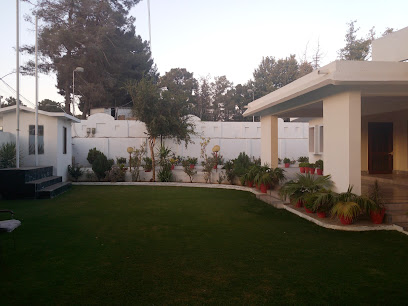
Thirst cafe pizza houe and soda house
Experience the best of pizza and refreshing drinks at Thirst Cafe in Quetta, a perfect spot for food lovers and social gatherings.
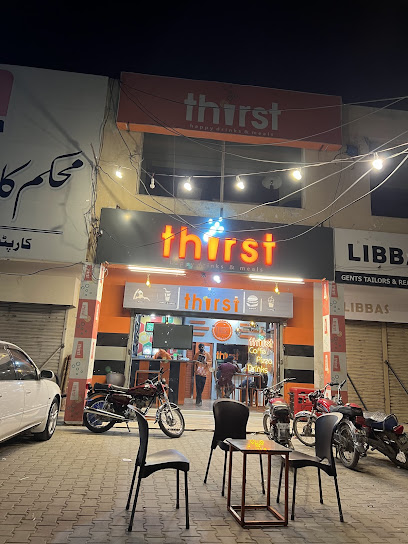
Federal Lounge 1
Discover tranquility at Federal Lounge 1 in Quetta, a perfect blend of relaxation and local culture in Balochistan.
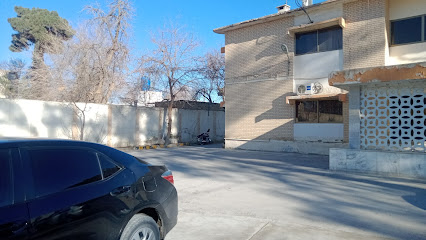
SHARJAH COLD DRINK
Enjoy a vibrant selection of refreshing beverages at Sharjah Cold Drink in Quetta, the perfect spot for relaxation and local flavor.
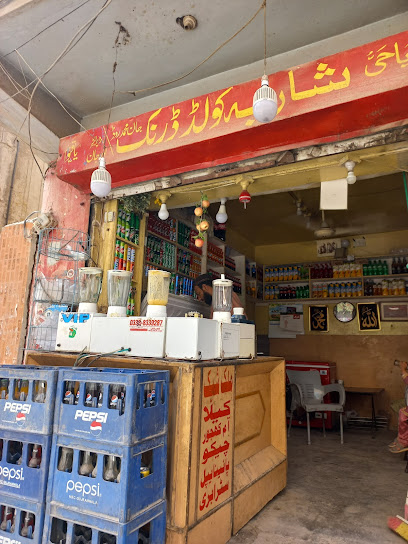
صدیق اکبراسٹریٹ
Discover the vibrant nightlife of Quetta at صدیق اکبراسٹریٹ, where local culture meets exceptional drinks in a cozy atmosphere.
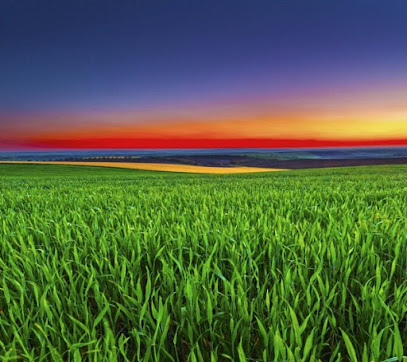
Akbar pco
Experience the thrill of sports in a vibrant atmosphere at Akbar PCO, the premier sports bar in Quetta, Balochistan.
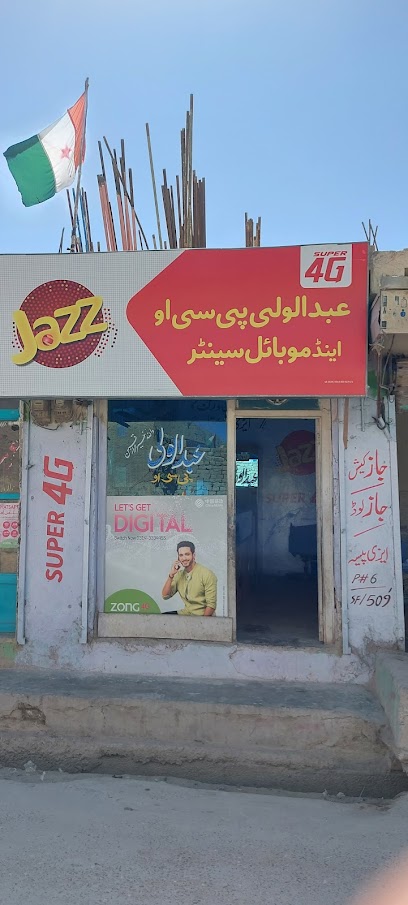
Shesha Point
Discover the vibrant nightlife of Quetta at Shesha Point, where local culture meets exceptional drinks in a welcoming atmosphere.
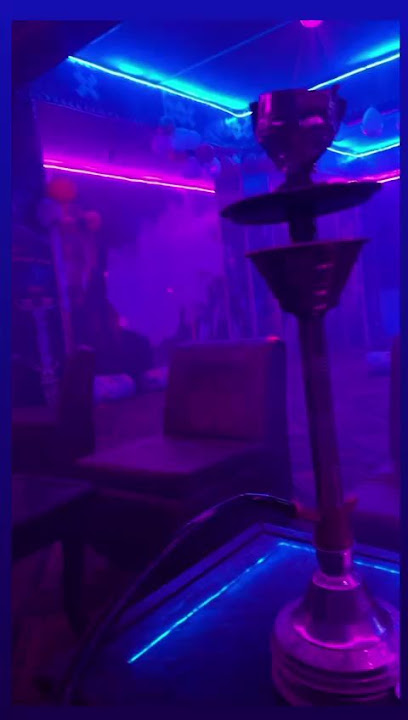
Mehfil Cafe & Restaurant
Discover the authentic taste of Balochistan at Mehfil Cafe & Restaurant, where tradition meets modern dining in a vibrant atmosphere.

Afzal hotel
Discover the charm of Quetta at Afzal Hotel, where warm hospitality meets cultural richness in the heart of Balochistan.
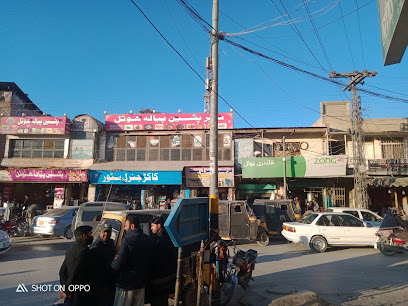
The Milk Bar
Discover a cozy retreat in Quetta at The Milk Bar, where refreshing beverages and a welcoming atmosphere await every traveler.
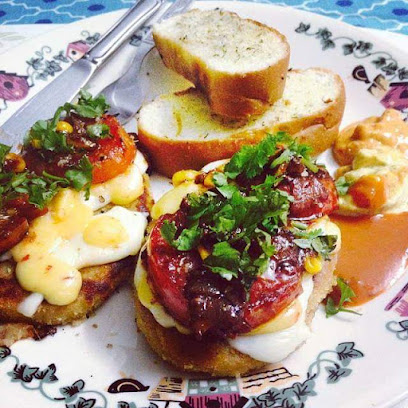
دی برغر کیفے
Discover the lively atmosphere and delicious local flavors at دی برغر کیفے in Quetta, a perfect spot to relax and enjoy great food.
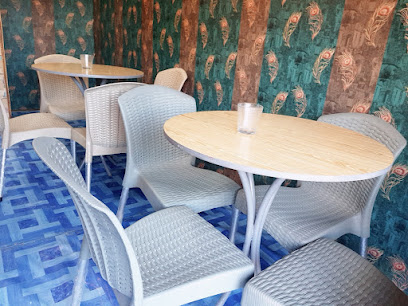
ARMAN'S BAR
Discover the lively charm of Arman's Bar in Quetta, where local flavors and vibrant ambiance unite for an unforgettable experience.

Hrr
Experience the vibrant nightlife of Quetta at Hrr, a lively bar offering unique drinks and a taste of local culture.

KARACHI SUPER BARGER & BBQ
Experience the authentic taste of Pakistani barbecue at Karachi Super Barger & BBQ, a culinary delight in Quetta's Model Town.
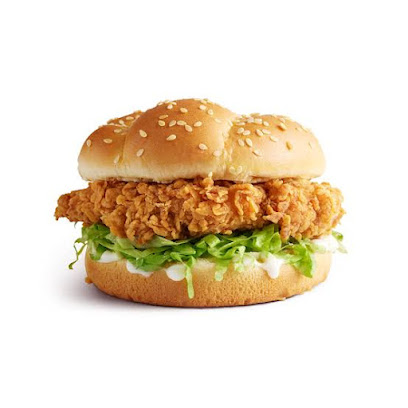
Local Phrases
-
- Helloسلام
[salam] - Goodbyeخدا حافظ
[khuda hafiz] - Yesہاں
[haan] - Noنہیں
[nahin] - Please/You're welcomeبراہ کرم
[barah e karam] - Thank youشکریہ
[shukriya] - Excuse me/Sorryمعذرت چاہتا ہوں
[maazrat chahta hoon] - How are you?آپ کیسے ہیں؟
[aap kaise hain?] - Fine. And you?ٹھیک ہوں۔ آپ کیسے ہیں؟
[theek hoon. aap kaise hain?] - Do you speak English?کیا آپ انگریزی بولتے ہیں؟
[kya aap angrezi boltay hain?] - I don't understandمجھے سمجھ نہیں آیا
[mujhe samajh nahi aaya]
- Helloسلام
-
- I'd like to see the menu, pleaseبراہ کرم مینو دیکھنا ہے
[barah e karam menu dekhna hai] - I don't eat meatمیں گوشت نہیں کھاتا
[main gosht nahi khaata] - Cheers!خوش رہیں!
[khush rahain] - I would like to pay, pleaseبراہ کرم میں ادا کرنا چاہتا ہوں
[barah e karam main ada karna chahta hoon]
- I'd like to see the menu, pleaseبراہ کرم مینو دیکھنا ہے
-
- Help!مدد!
[madad!] - Go away!دور ہو جاؤ!
[door ho jao!] - Call the Police!پولیس کو بلاؤ!
[police ko bulao!] - Call a doctor!ڈاکٹر کو بلاؤ!
[doctor ko bulao!] - I'm lostمیں گم ہو گیا ہوں
[main gum ho gaya hoon] - I'm illمیں بیمار ہوں
[main bimar hoon]
- Help!مدد!
-
- I'd like to buy...براہ کرم خریدنا ہے...
[barah e karam khareedna hai...] - I'm just lookingمیں صرف دیکھ رہا ہوں
[main sirf dekh raha hoon] - How much is it?یہ کتنا ہے؟
[ye kitna hai?] - That's too expensiveیہ بہت مہنگا ہے
[ye bohat mehnga hai] - Can you lower the price?کیا آپ قیمت کم کر سکتے ہیں؟
[kya aap qeemat kam kar sakte hain?]
- I'd like to buy...براہ کرم خریدنا ہے...
-
- What time is it?وقت کیا ہوا ہے؟
[waqt kya hua hai?] - It's one o'clockایک بجے ہیں
[aik bajay hain] - Half past (10)دس بج کر آڑھا ہے
[das baj kar aadha hai] - Morningصبح
[subah] - Afternoonدوپہر
[dopehar] - Eveningشام
[shaam] - Yesterdayگزشتہ کل
[guzishta kal] - Todayآج
[aaj] - Tomorrowکل
[kal] - 1ایک
[aik] - 2دو
[do] - 3تین
[teen] - 4چار
[chaar] - 5پانچ
[paanch] - 6چھے
[chhay] - 7سات
[saat] - 8آٹھ
[aath] - 9نو
[no] - 10دس
[das]
- What time is it?وقت کیا ہوا ہے؟
-
- Where's a/the...?کہاں ہے...؟
[kahan hai...?] - What's the address?پتہ کیا ہے؟
[pata kya hai?] - Can you show me (on the map)?کیا آپ مجھے دکھا سکتے ہیں؟
[kya aap mujhe dikh sakte hain?] - When's the next (bus)?اگلا (بس) کب ہے؟
[agla (bus) kab hai?] - A ticket (to ....)ایک ٹکٹ (کو...)
[aik ticket (ko...)]
- Where's a/the...?کہاں ہے...؟
History of Quetta
-
Quetta, the capital of Balochistan province, has a history that traces back to ancient times. The region was part of the Gandhara civilization and was influenced by various cultures and empires, including the Mauryan and Kushan empires. Archaeological evidence from the nearby Mehrgarh site, one of the earliest agricultural settlements in South Asia, indicates that the region was inhabited as early as 7000 BCE.
-
During the Mughal era in the 16th century, Quetta gained strategic importance due to its location on the trade routes between Central Asia and South Asia. The city served as a military and trading post. In the 18th century, Quetta came under the rule of the Afghan Durrani Empire, further emphasizing its strategic significance.
-
In 1876, Quetta was incorporated into British India. The British recognized the city's strategic military importance and established it as a garrison town. They built infrastructure, including the railway network, which connected Quetta to the rest of British India. The devastating earthquake of 1935, which destroyed much of the city, led to significant reconstruction efforts by the British, shaping modern Quetta's urban landscape.
-
Following Pakistan's independence in 1947, Quetta became the provincial capital of Balochistan. The city witnessed substantial growth and development, with the establishment of educational institutions, healthcare facilities, and military academies. The influx of Afghan refugees during the Soviet-Afghan War in the 1980s also significantly impacted the city's demographics and culture.
-
Quetta is a melting pot of various ethnic groups, including Baloch, Pashtun, Hazara, and Punjabi communities. This diversity is reflected in the city's cultural practices, languages, and cuisine. Traditional Balochi music and dance, the vibrant Pashtun festivals, and the unique Hazara art forms contribute to the rich cultural tapestry of Quetta. The city's bazaars, such as the famous Liaquat Bazaar, offer a glimpse into the local craftsmanship and trade traditions.
-
Nestled in the foothills of the Quetta Valley and surrounded by picturesque mountains like Chiltan and Koh-e-Murdar, Quetta boasts stunning natural landscapes. The Hanna Lake and Urak Valley are popular spots for both locals and tourists seeking to experience the region's natural beauty. The city's geographical position as a gateway to Iran and Afghanistan underscores its continuing strategic and economic importance.
Quetta Essentials
-
Quetta is accessible by air, road, and rail. The Quetta International Airport (UET) offers domestic flights from major cities like Karachi, Lahore, and Islamabad. International flights are limited, so connecting through one of these cities is often necessary. By road, Quetta can be reached via the National Highway N-25 or the Quetta-Chaman Road. For those preferring rail travel, Pakistan Railways operates several trains that connect Quetta with other major cities.
-
Public transportation in Quetta includes buses, minibuses, and auto-rickshaws. Taxis are also available and can be hailed on the street or booked via apps. For a more personalized experience, you can rent a car, although driving in Quetta can be challenging due to traffic and road conditions. Walking is feasible in central areas, but be cautious of uneven pavements and busy roads.
-
The currency in Quetta is the Pakistani Rupee (PKR). Credit cards are accepted in most hotels, restaurants, and larger stores, but cash is essential for smaller shops and local markets. ATMs are widely available, but it's a good idea to carry some cash, especially when traveling to more remote areas.
-
While Quetta is generally safe, it is important to stay vigilant. Some areas, particularly on the outskirts, have higher crime rates. Avoid traveling alone at night and steer clear of neighborhoods known for crime, such as Sariab Road and its surrounding areas. Always keep an eye on your belongings and avoid displaying valuables in public.
-
In case of emergency, dial 15 for police assistance and 1122 for medical emergencies. The Civil Hospital Quetta and Bolan Medical Complex are the main medical facilities in the city. It is advisable to have travel insurance that covers medical expenses. For minor ailments, pharmacies are available throughout the city where over-the-counter medications can be purchased.
-
Fashion: Do dress modestly, especially when visiting religious sites. Avoid wearing revealing clothing. Religion: Do respect local customs and traditions. Always remove your shoes before entering mosques. Public Transport: Do be respectful and give up your seat to elderly passengers. Don’t eat or drink on public transport. Greetings: Do greet people with a handshake. A slight nod of the head is also a sign of respect. Eating & Drinking: Do try local delicacies and accept food offerings graciously. Don’t refuse hospitality, as it is considered impolite.
-
To experience Quetta like a local, visit the local bazaars such as the Kandahari Bazaar, where you can buy traditional Balochi goods and fresh produce. Engage with locals who are often friendly and willing to share stories about the city's history and culture. Don't miss visiting the Hanna Lake for a relaxing day out and the Quetta Archaeological Museum for a deep dive into the region's history.
Nearby Cities to Quetta
-
Things To Do in Multan
-
Things To Do in Jaisalmer
-
Things To Do in Kabul
-
Things To Do in Hyderabad
-
Things To Do in Karachi
-
Things To Do in Peshawar
-
Things To Do in Faisalabad
-
Things To Do in Herat
-
Things To Do in Rawalpindi
-
Things To Do in Islamabad
-
Things To Do in Lahore
-
Things To Do in Gujranwala
-
Things To Do in Mazar-i-Sharif
-
Things To Do in Murree
-
Things To Do in Abbottabad










